Is Linen Cotton? Understanding the Difference Between Two Natural Fabrics.

If you’ve ever felt a breezy summer dress or a soft bedsheet and wondered, “Wait — is this cotton, is this linen, is linen cotton?” — you’re not alone.
Both linen and cotton are natural fabrics loved for their comfort, breathability, and everyday appeal. But they’re not the same, and each has its own story, feel, and function.
In this guide, we’ll break it down simply so you can confidently tell the difference — and make smarter, more sustainable clothing choices.
❌ Quick Answer: No, Linen Is Not Cotton
Linen and cotton are two different fabrics made from two different plants.
|
Feature |
Linen |
Cotton |
|
Made from |
Flax plant (stalk fibers) |
Cotton plant (seed fibers) |
|
Texture |
Crisp, airy, textured |
Soft, smooth, fluffy |
|
Durability |
Stronger, lasts longer |
Softer, but less durable |
|
Breathability |
Very breathable |
Also breathable, but holds more moisture |
|
Eco-impact |
Lower water usage |
Higher water usage |
So while both are natural and plant-based, linen is not a type of cotton — and the two feel and behave differently.

🌾 What Is Linen Made From?
Linen is made from the fibers of the flax plant (Linum usitatissimum). These fibers are extracted from the stalk, retted, spun into yarn, and woven into fabric. The result is a fabric at is:
-
Lightweight
-
Strong
-
Naturally textured
-
Exceptionally breathable
It’s one of the oldest textiles known to humans and has been used for thousands of years.
🌱 What Is Cotton Made From?
Cotton comes from the seed hairs of the cotton plant. Once harvested, the soft white fibers are cleaned, spun, and woven into a smooth, soft fabric.
Cotton is widely used because it's:
-
Easy to dye and sew
-
Soft and familiar
-
Affordable and mass produced
But it’s important to note that conventional cotton farming uses a lot of water and pesticides, which impacts the environment negatively.
🧵 Linen vs Cotton: Key Differences
1. Texture & Feel
-
Linen feels cool, crisp, and textured
-
Cotton feels soft, smooth, and fluffy
Linen has a more natural, earthy elegance — perfect for slow, conscious fashion.
2. Breathability & Moisture
-
Linen dries faster and wicks moisture better
-
Cotton absorbs more water and dries slower
This makes linen ideal for hot climates and summer wear.
3. Durability
-
Linen is stronger than cotton and becomes softer over time, without wearing thin
-
That's why Kuttons linen garments can last for years — and look better with age
4. Sustainability
-
Linen needs less water, fewer pesticides, and minimal irrigation
-
Cotton (unless organic) is more resource-intensive
👗 Why We Choose Linen at Kuttons
At Kuttons, we work only with 100% European flax linen because we believe in:
-
Fabric that breathes with you
-
Materials that are kind to the planet
-
Style that outlasts trends
All our linen is:
-
OEKO-TEX® certified (no harmful chemicals)
-
Ethically sewn by Indian artisans
It’s natural, but elevated. Familiar, yet premium.
❓ FAQ – Is Linen Cotton?
Q: Is linen a type of cotton?
No. Linen and cotton are completely different fabrics from different plants.
Q: Is linen softer than cotton?
Cotton is softer at first. But linen softens naturally with wear and becomes more comfortable over time — while staying durable.
Q: Which is better: linen or cotton?
It depends on your needs. Linen is better for hot weather, breathability, and long-term use. Cotton is better for softness and affordability.
Linen is more durable and can last years so every extra penny you spend on your linen clothing will go a long way besides being good for your skin and the environment.
Q: Is linen more eco-friendly than cotton?
Yes — especially when the linen is European Flax® certified like we use at Kuttons. Linen needs less water, fewer chemicals, and is biodegradable.
🌿 Final Thoughts: Know Your Fabrics, Wear Them Well
So next time someone asks, “Is linen cotton?” — you’ll know that the answer is no, and now you also know why it matters.
Understanding your fabrics helps you:
-
Make more mindful fashion choices
-
Support sustainable brands
-
Invest in clothes that feel better and last longer
At Kuttons, we don’t just make dresses — we weave purpose, comfort, and consciousness into every thread.
Products on Sale
- Regular Price
- from $46.00
- Sale Price
- from $46.00
- Regular Price
-
$76.00
- Unit Price
- per
- Regular Price
- $199.00
- Sale Price
- $199.00
- Regular Price
-
$278.00
- Unit Price
- per
- Regular Price
- $134.00
- Sale Price
- $134.00
- Regular Price
-
$148.00
- Unit Price
- per
- Regular Price
- $109.00
- Sale Price
- $109.00
- Regular Price
-
$142.00
- Unit Price
- per
- Regular Price
- $159.00
- Sale Price
- $159.00
- Regular Price
-
$196.00
- Unit Price
- per
- Regular Price
- $49.00
- Sale Price
- $49.00
- Regular Price
-
$52.00
- Unit Price
- per
- Regular Price
- $22.00
- Sale Price
- $22.00
- Regular Price
-
$26.00
- Unit Price
- per
- Regular Price
- $30.00
- Sale Price
- $30.00
- Regular Price
-
$37.00
- Unit Price
- per
- Regular Price
- $134.00
- Sale Price
- $134.00
- Regular Price
-
$170.00
- Unit Price
- per
- Regular Price
- $74.00
- Sale Price
- $74.00
- Regular Price
-
$78.00
- Unit Price
- per
- Regular Price
- $46.00
- Sale Price
- $46.00
- Regular Price
-
$56.00
- Unit Price
- per
- Regular Price
- $99.00
- Sale Price
- $99.00
- Regular Price
-
$125.00
- Unit Price
- per
- Regular Price
- $99.00
- Sale Price
- $99.00
- Regular Price
-
$92.00
- Unit Price
- per
- Regular Price
- $56.00
- Sale Price
- $56.00
- Regular Price
-
$52.00
- Unit Price
- per
- Regular Price
- $56.00
- Sale Price
- $56.00
- Regular Price
-
$52.00
- Unit Price
- per
- Regular Price
- $56.00
- Sale Price
- $56.00
- Regular Price
-
$52.00
- Unit Price
- per
- Regular Price
- $128.00
- Sale Price
- $128.00
- Regular Price
-
$145.00
- Unit Price
- per
- Regular Price
- $69.00
- Sale Price
- $69.00
- Regular Price
-
$95.00
- Unit Price
- per
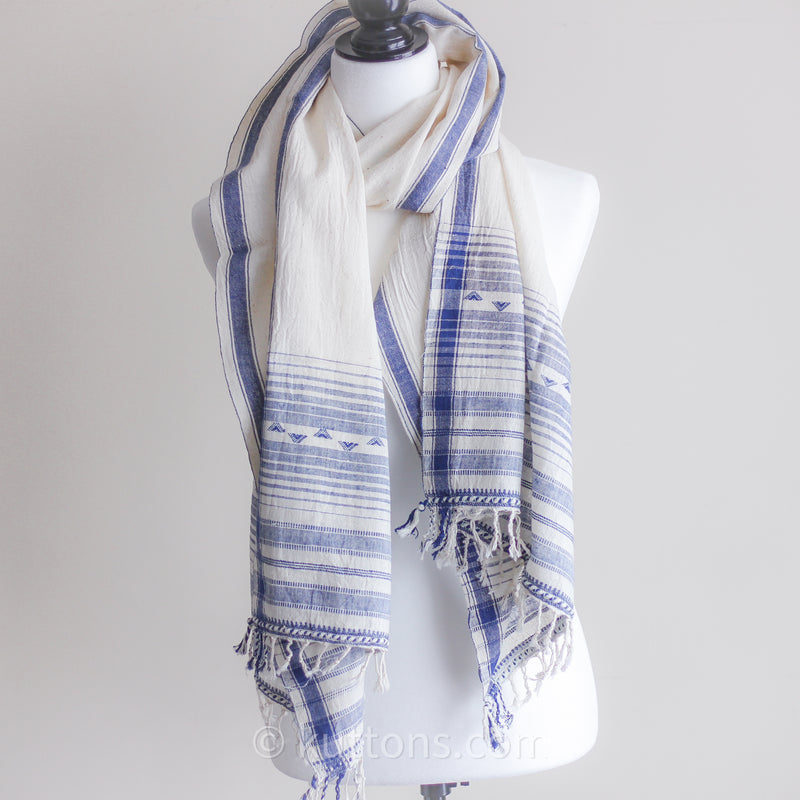
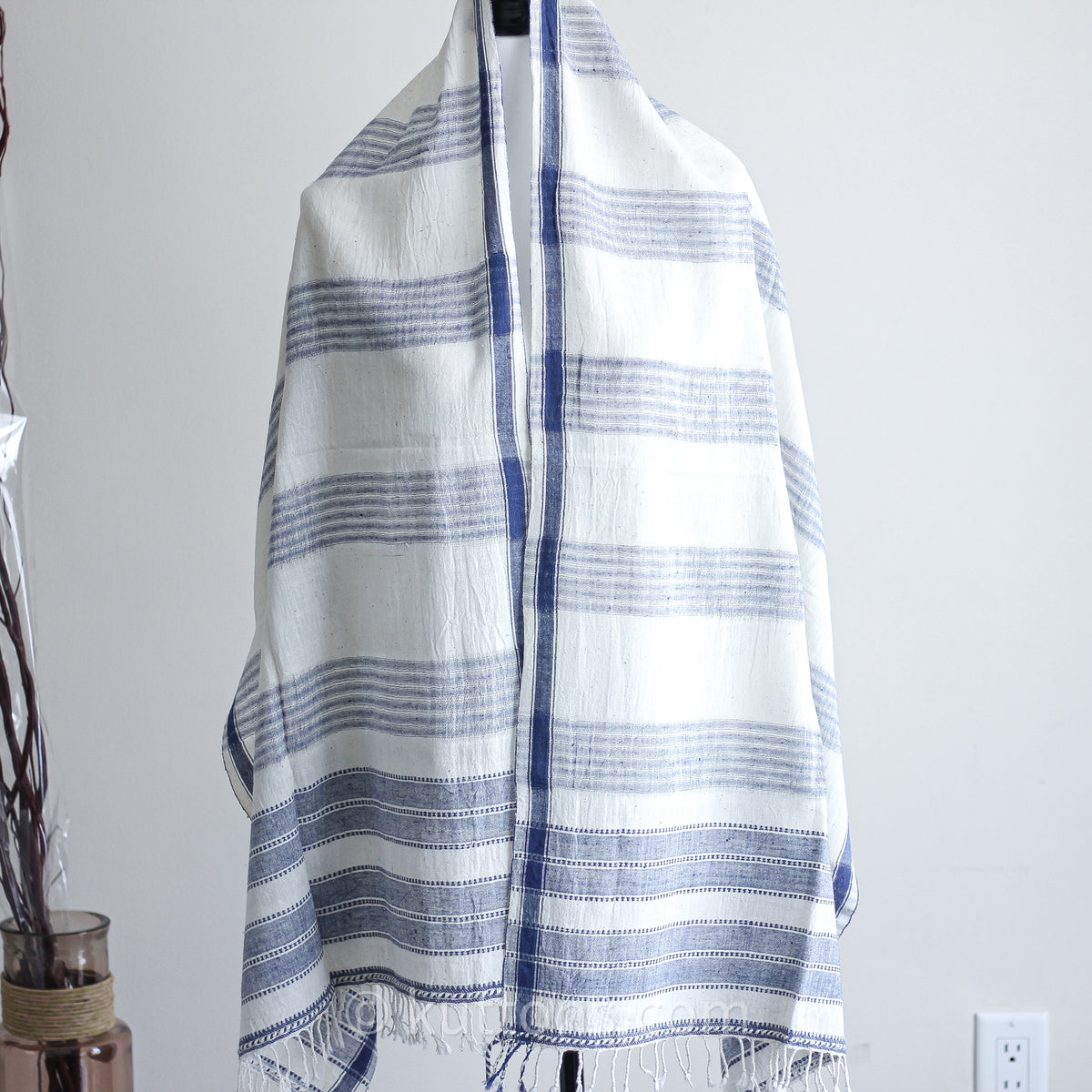
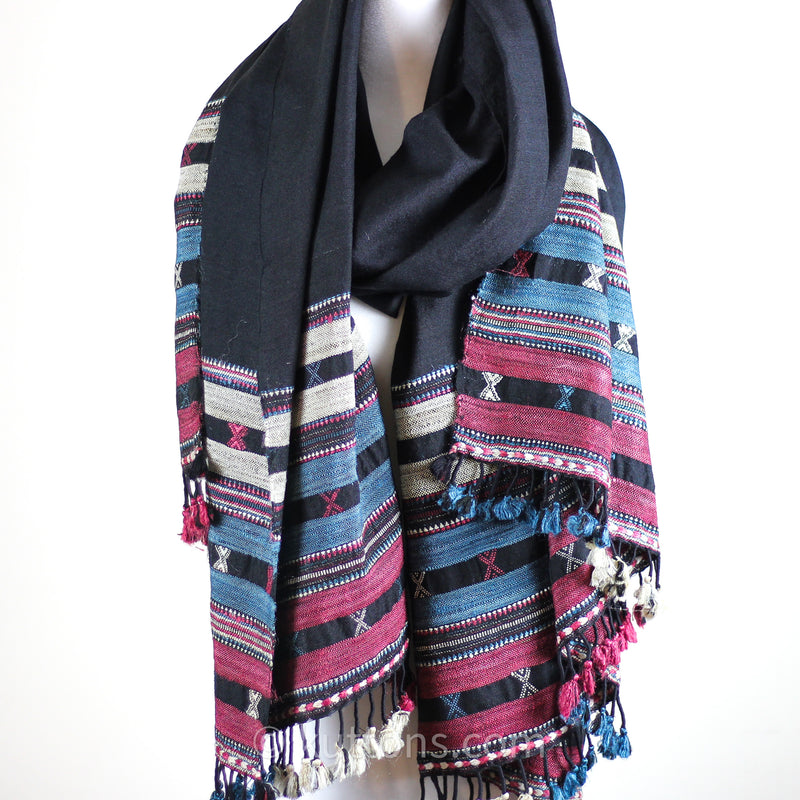
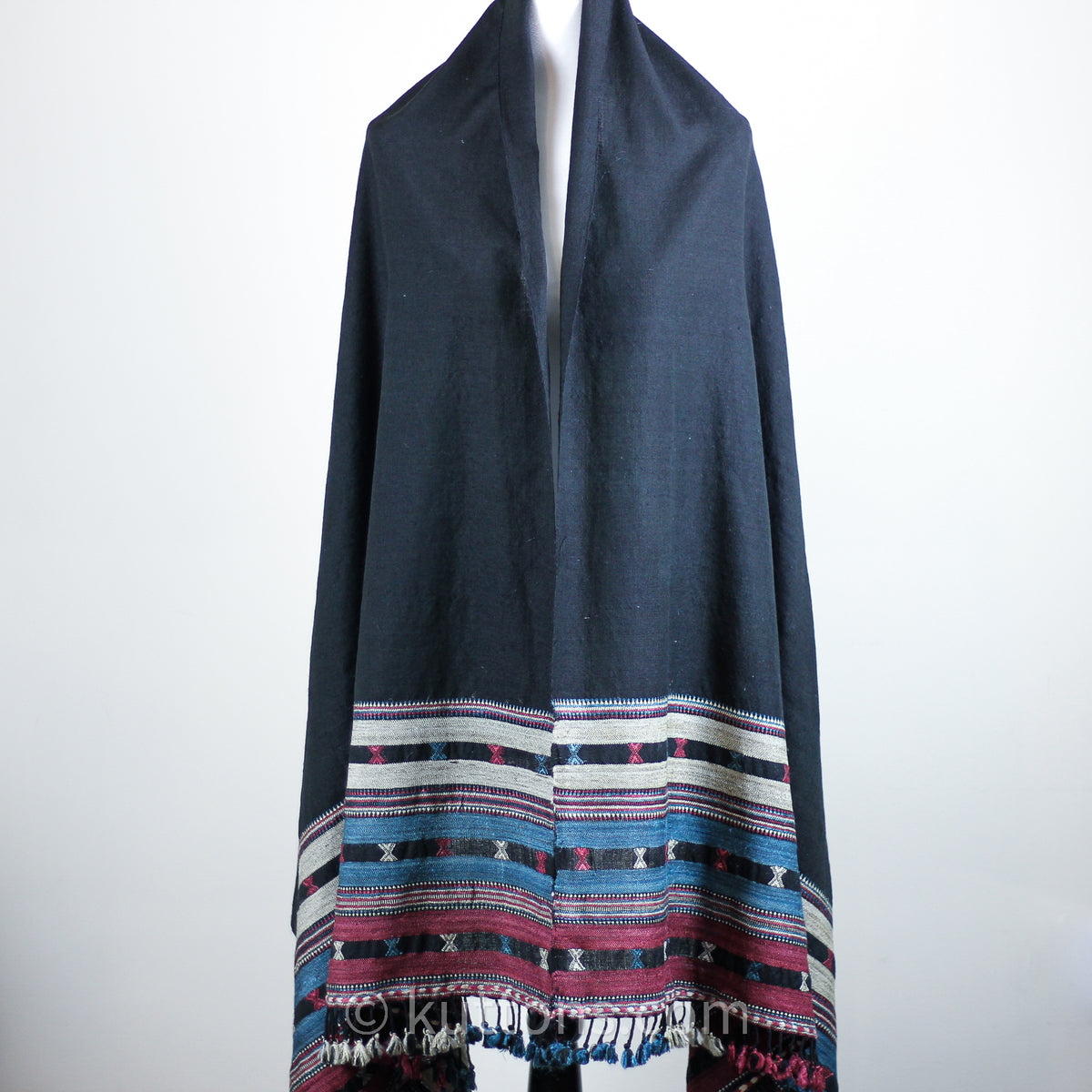
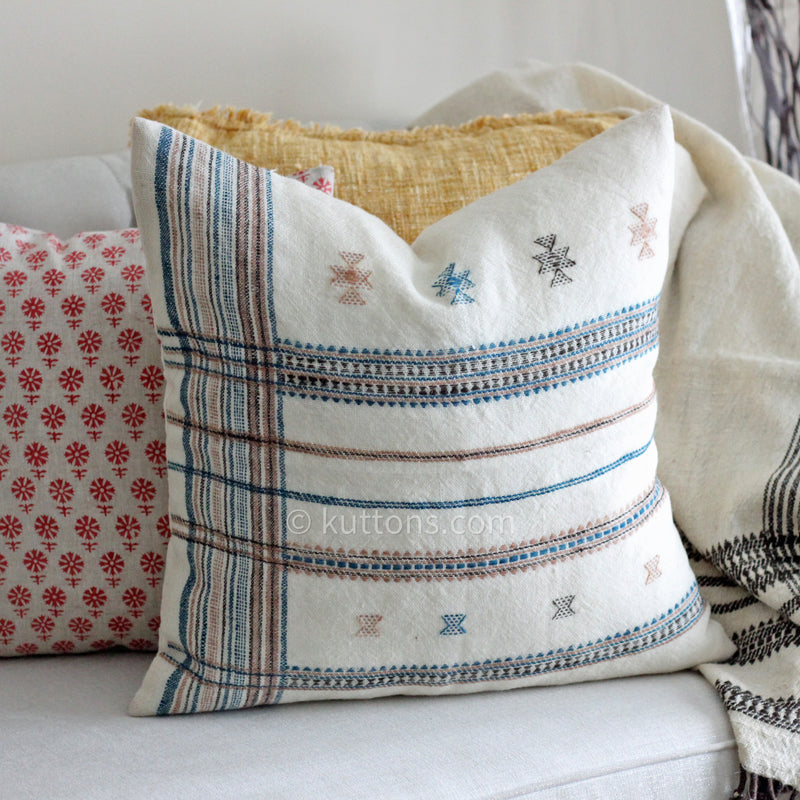
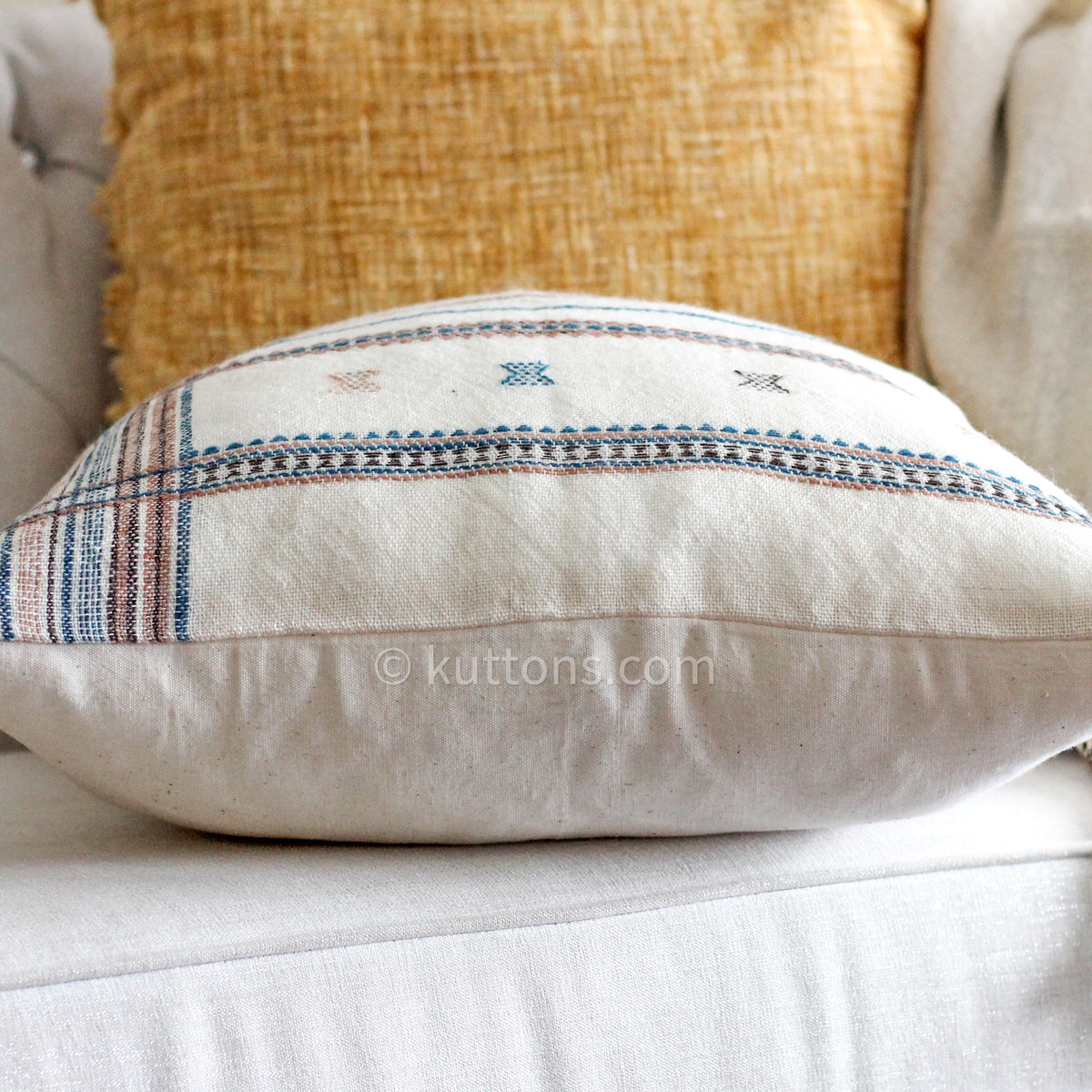
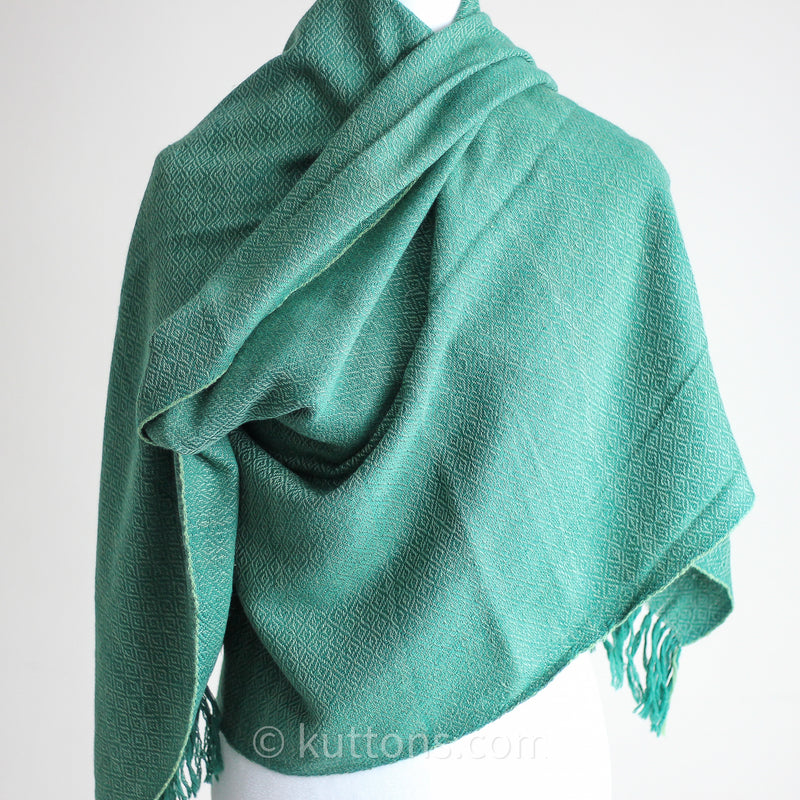
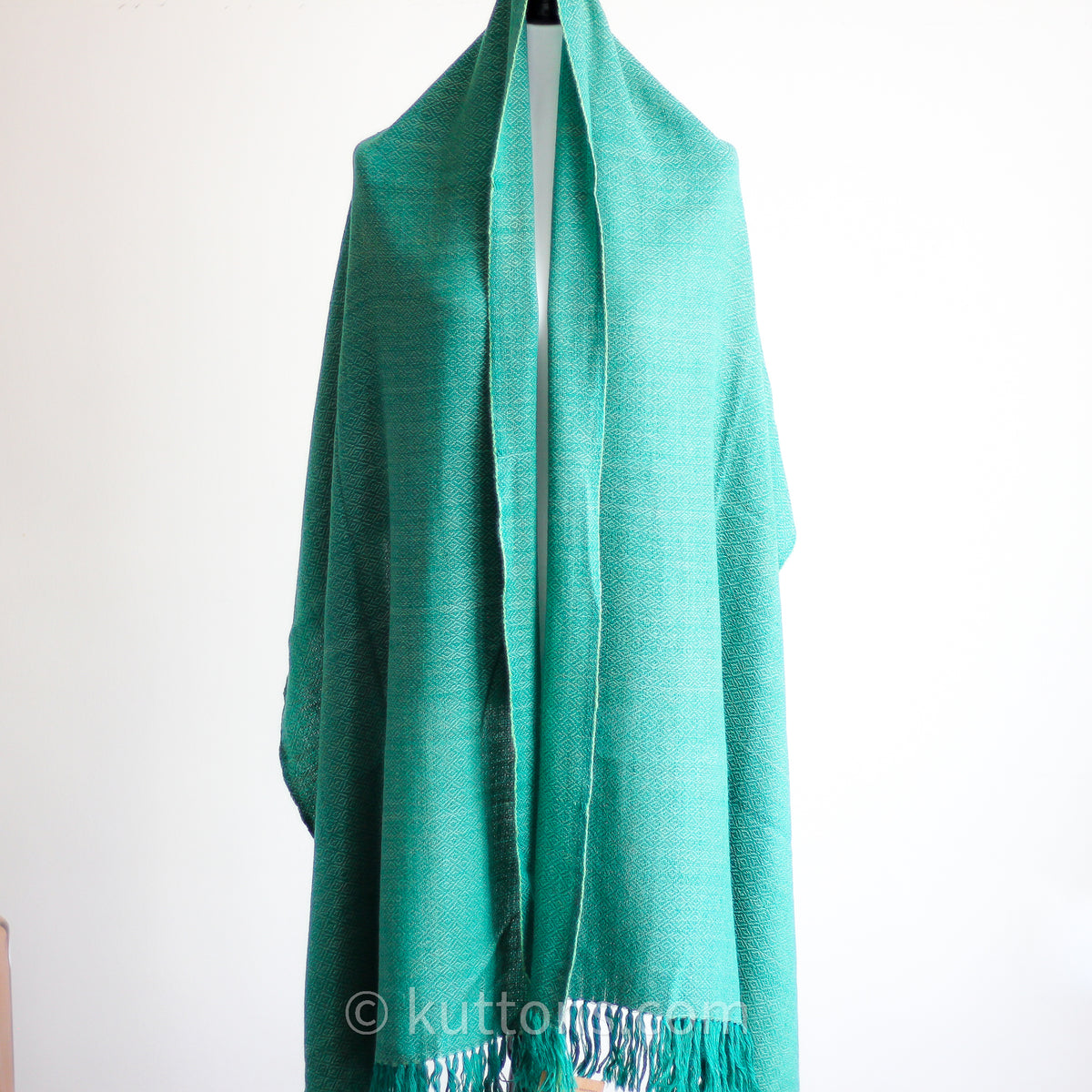
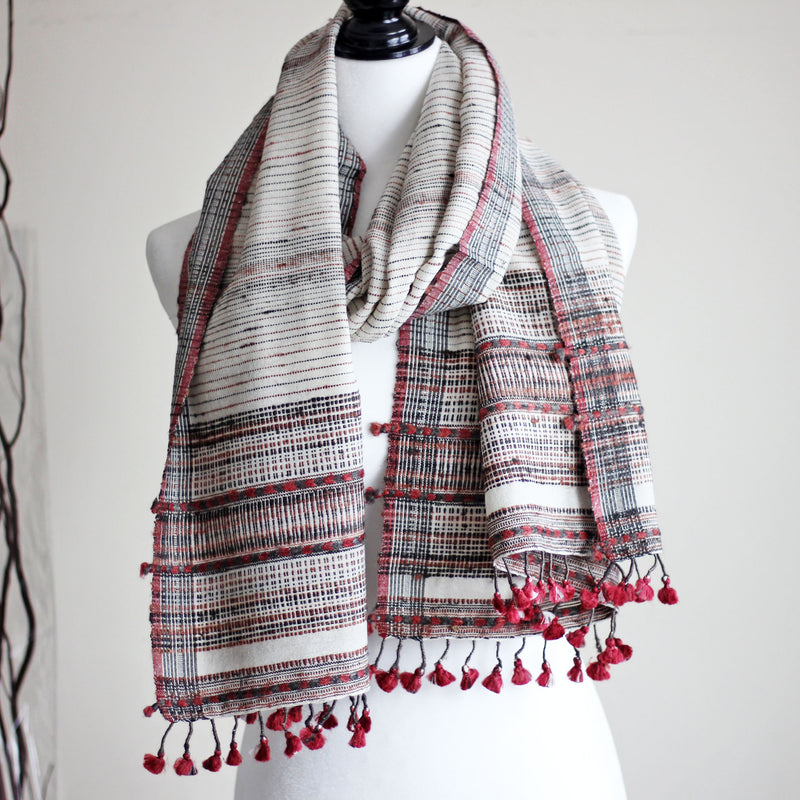
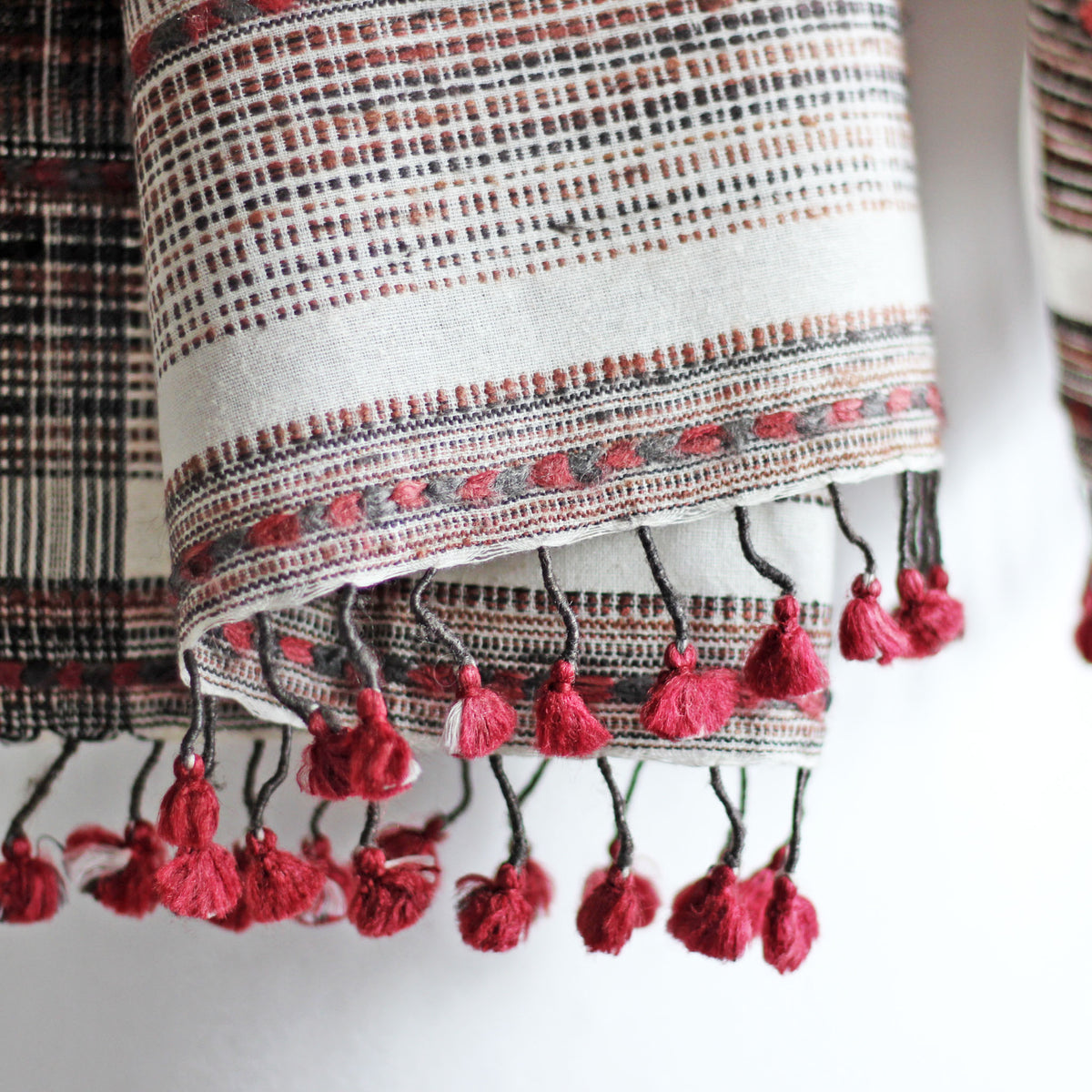
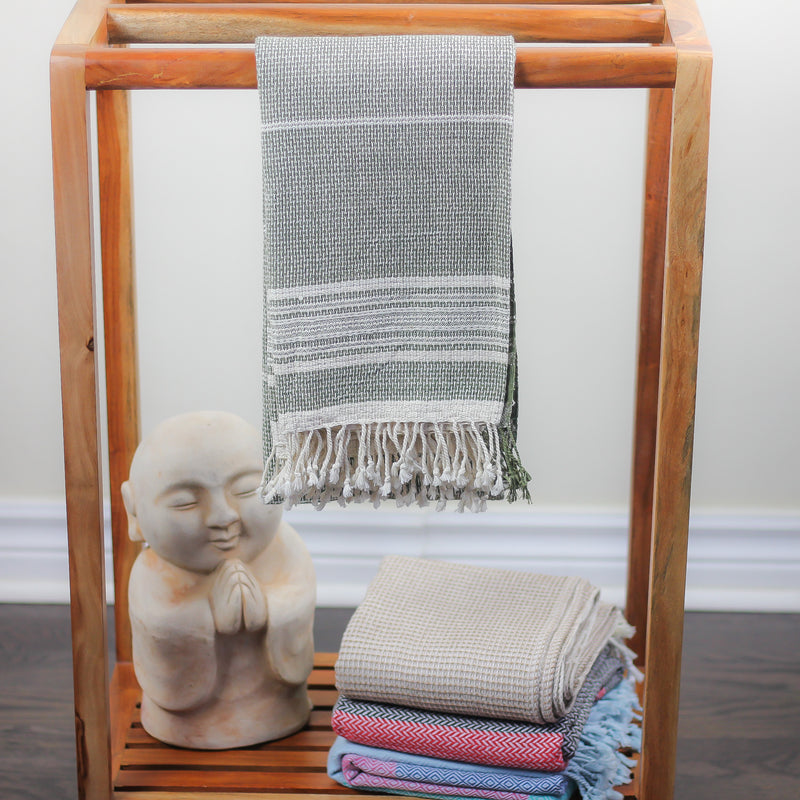
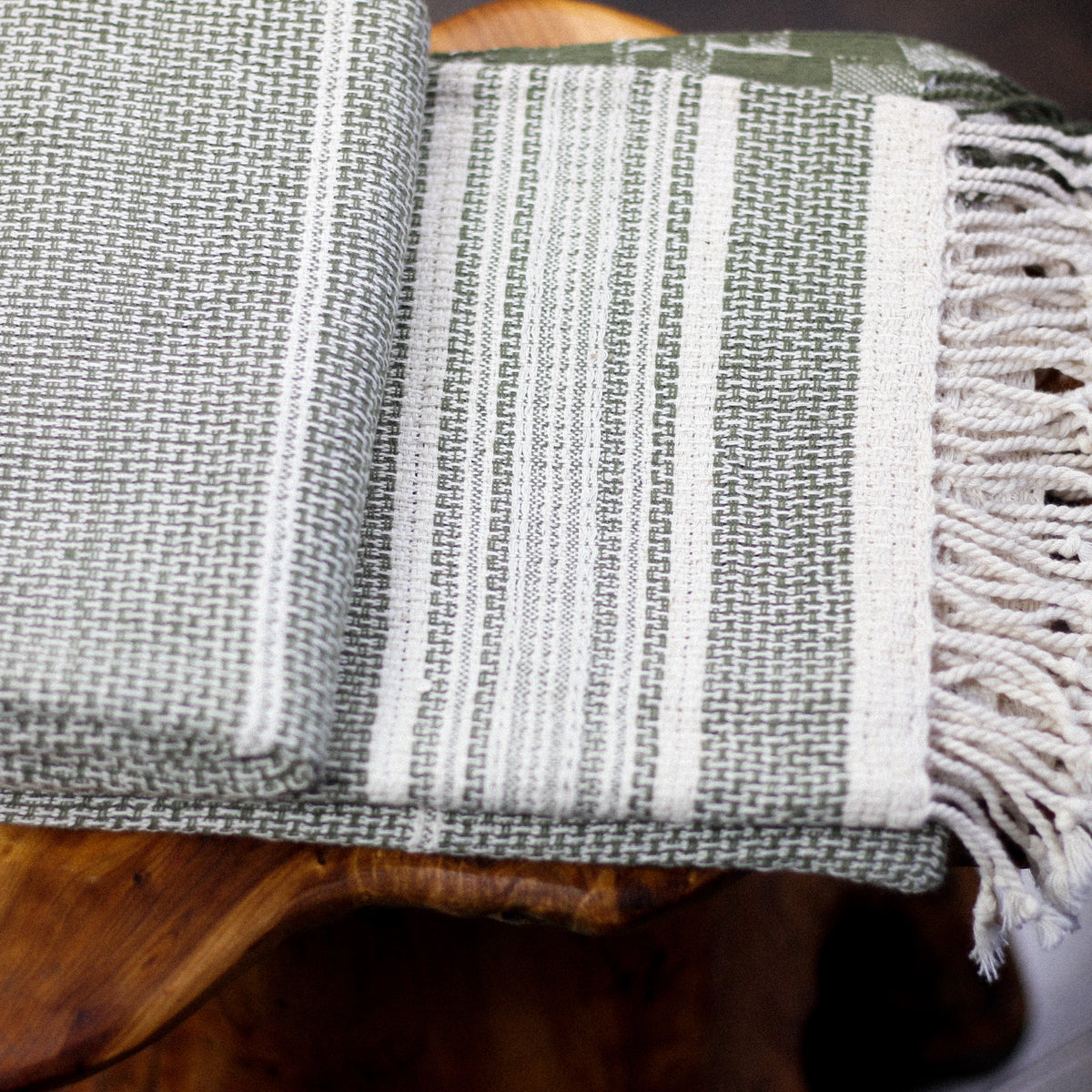
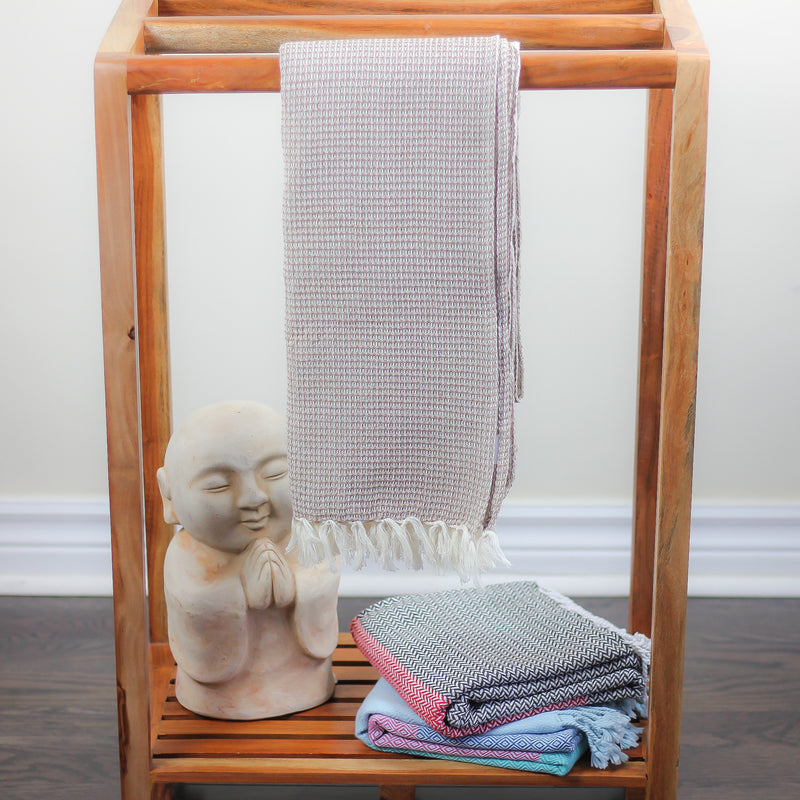
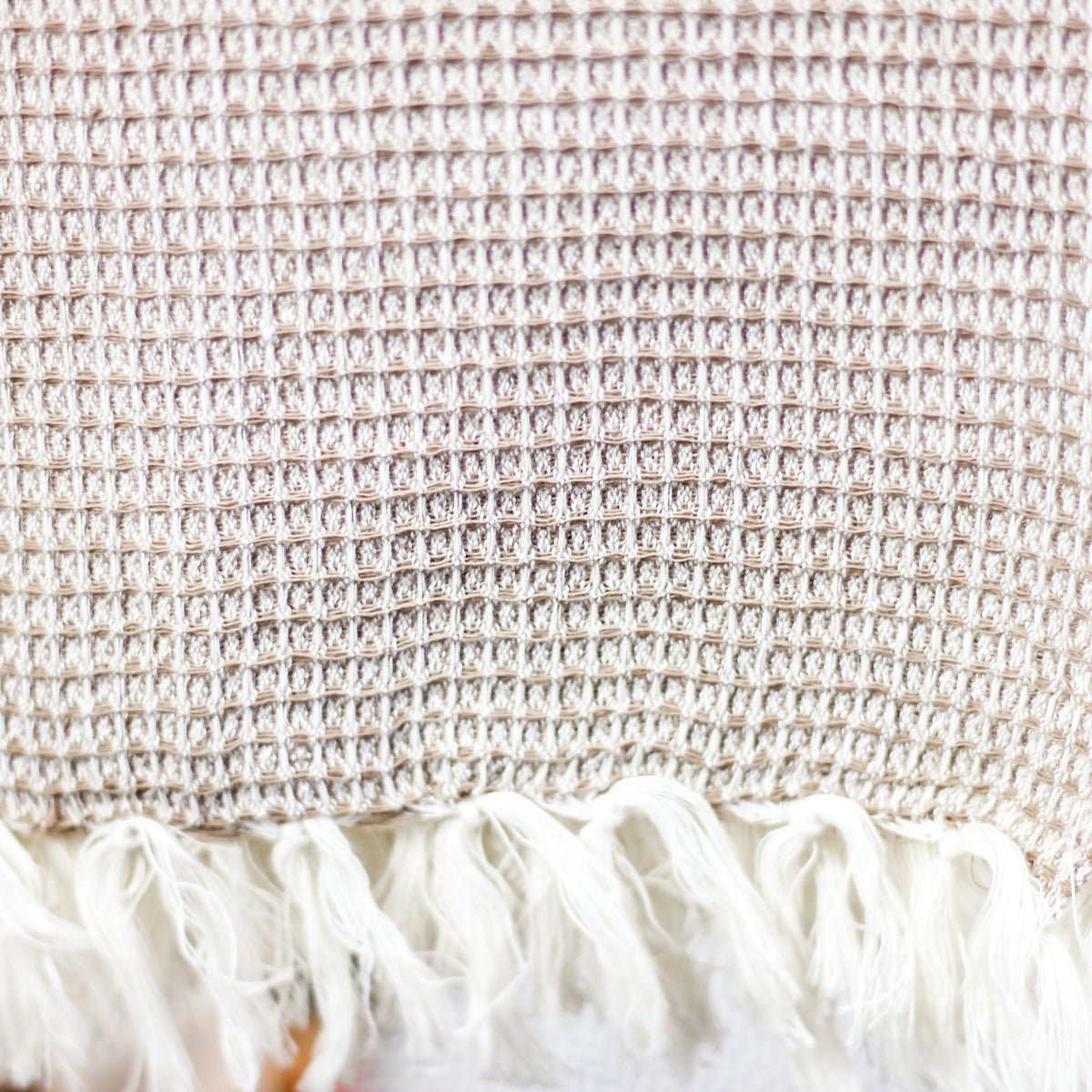
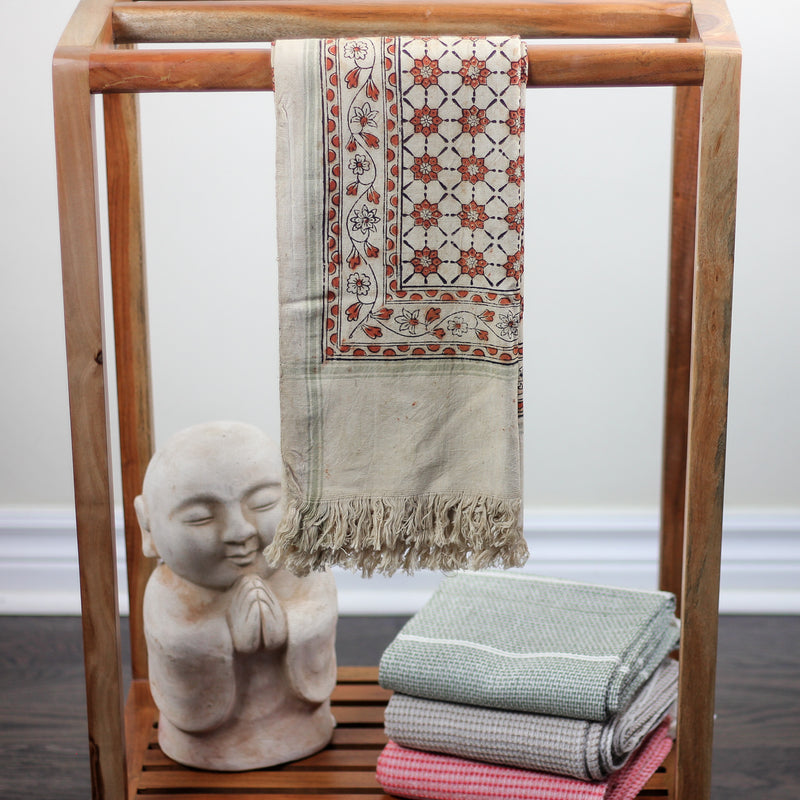
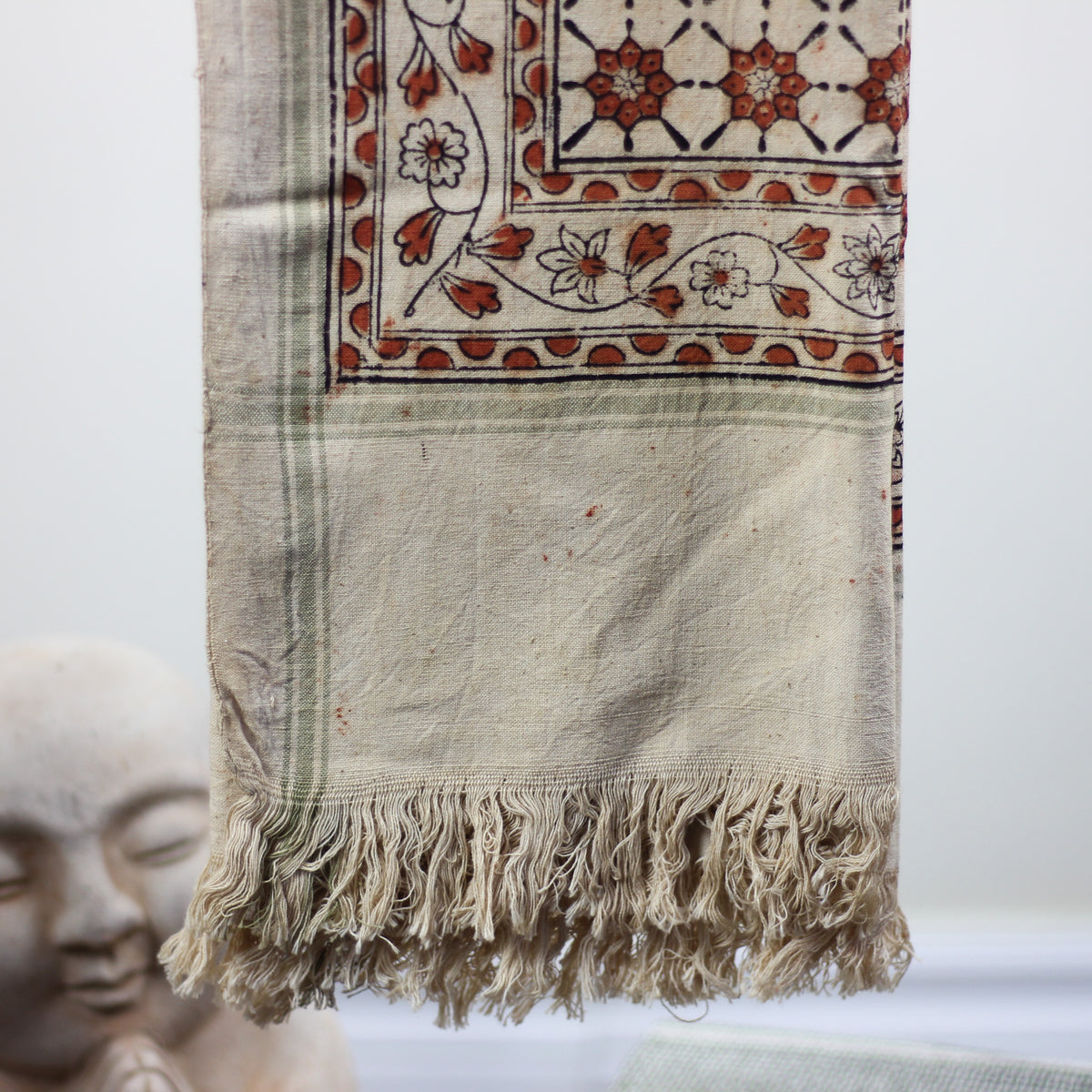
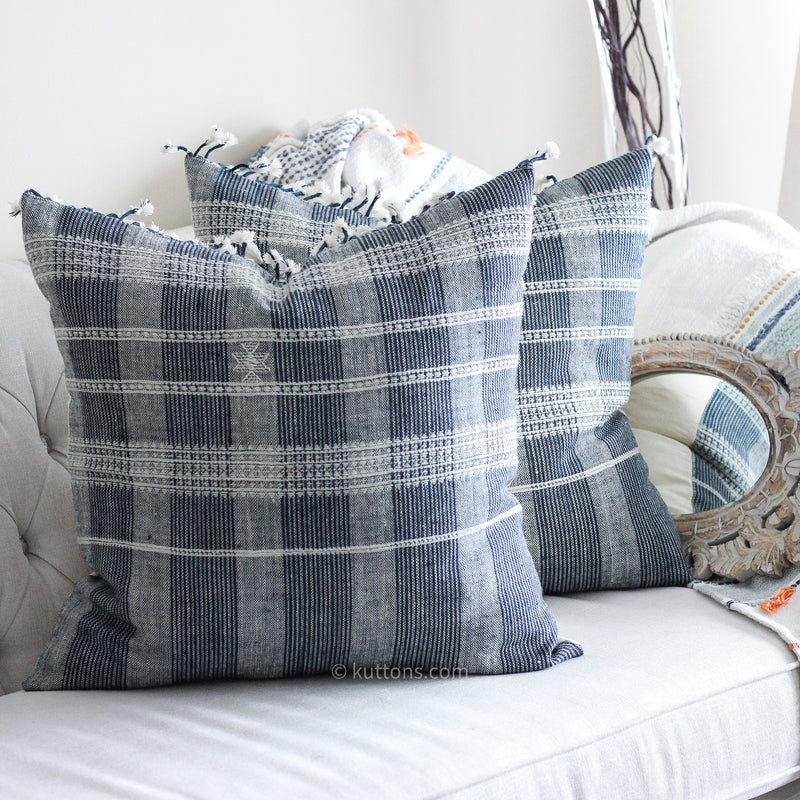
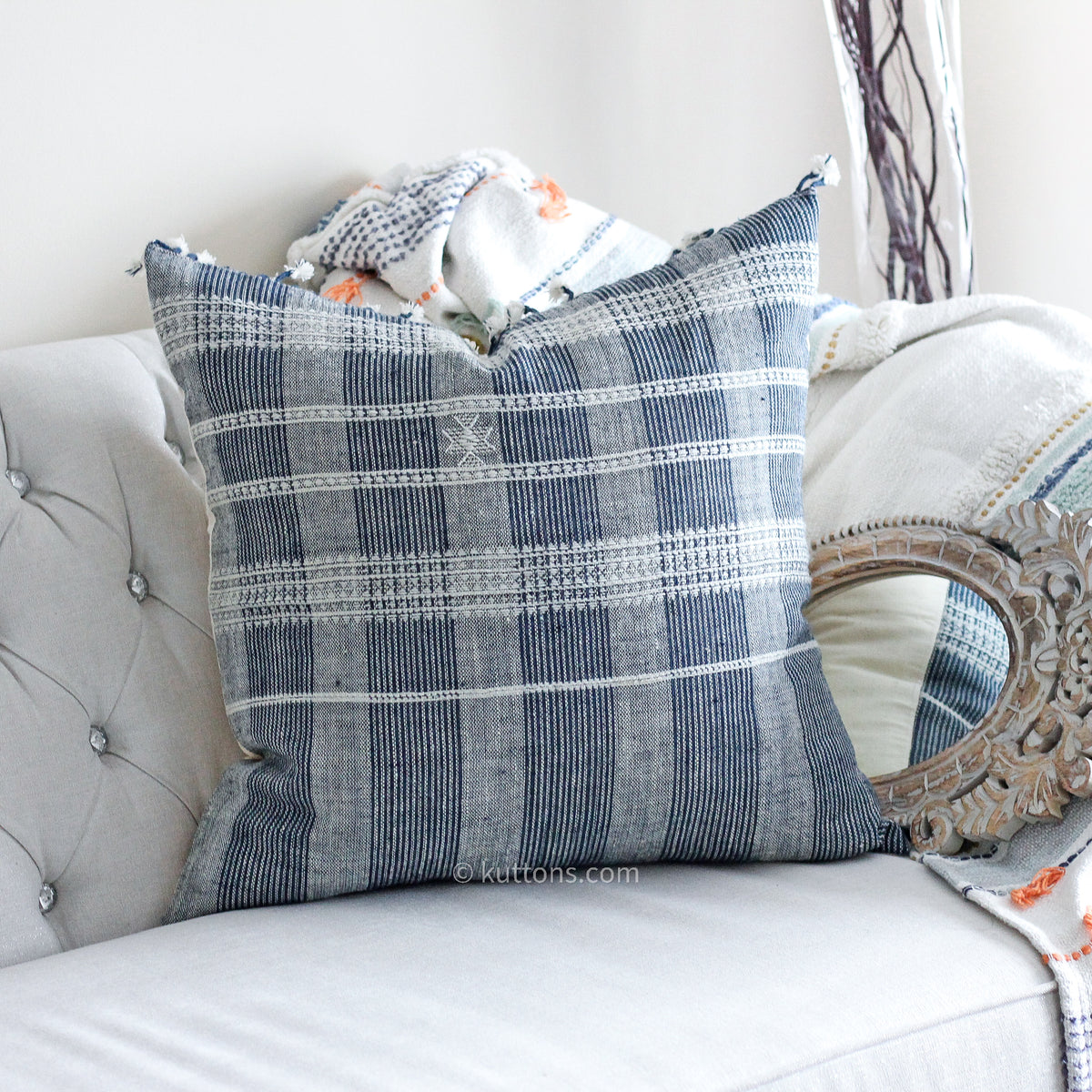
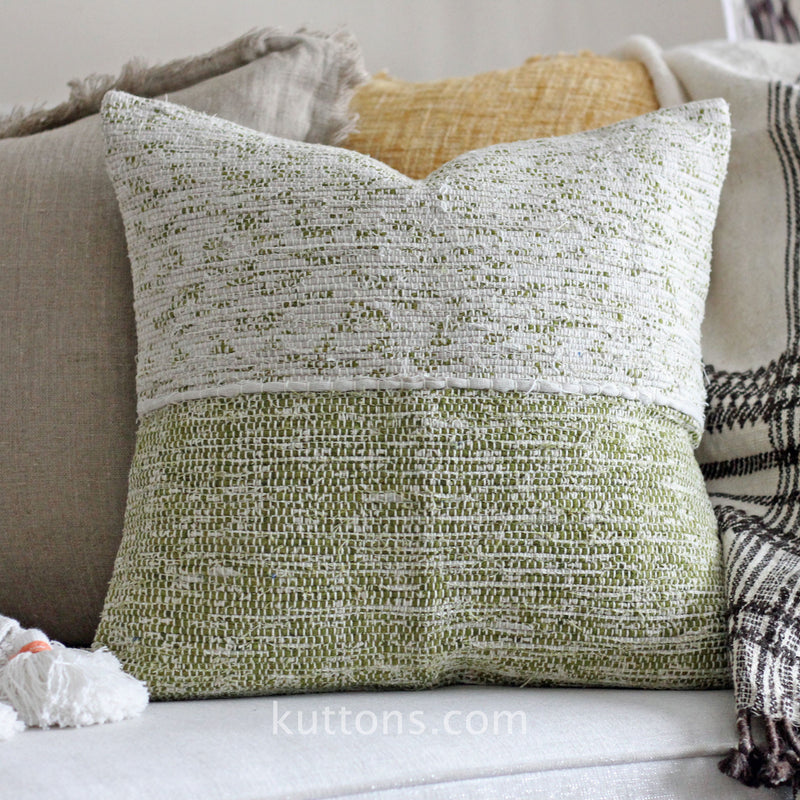
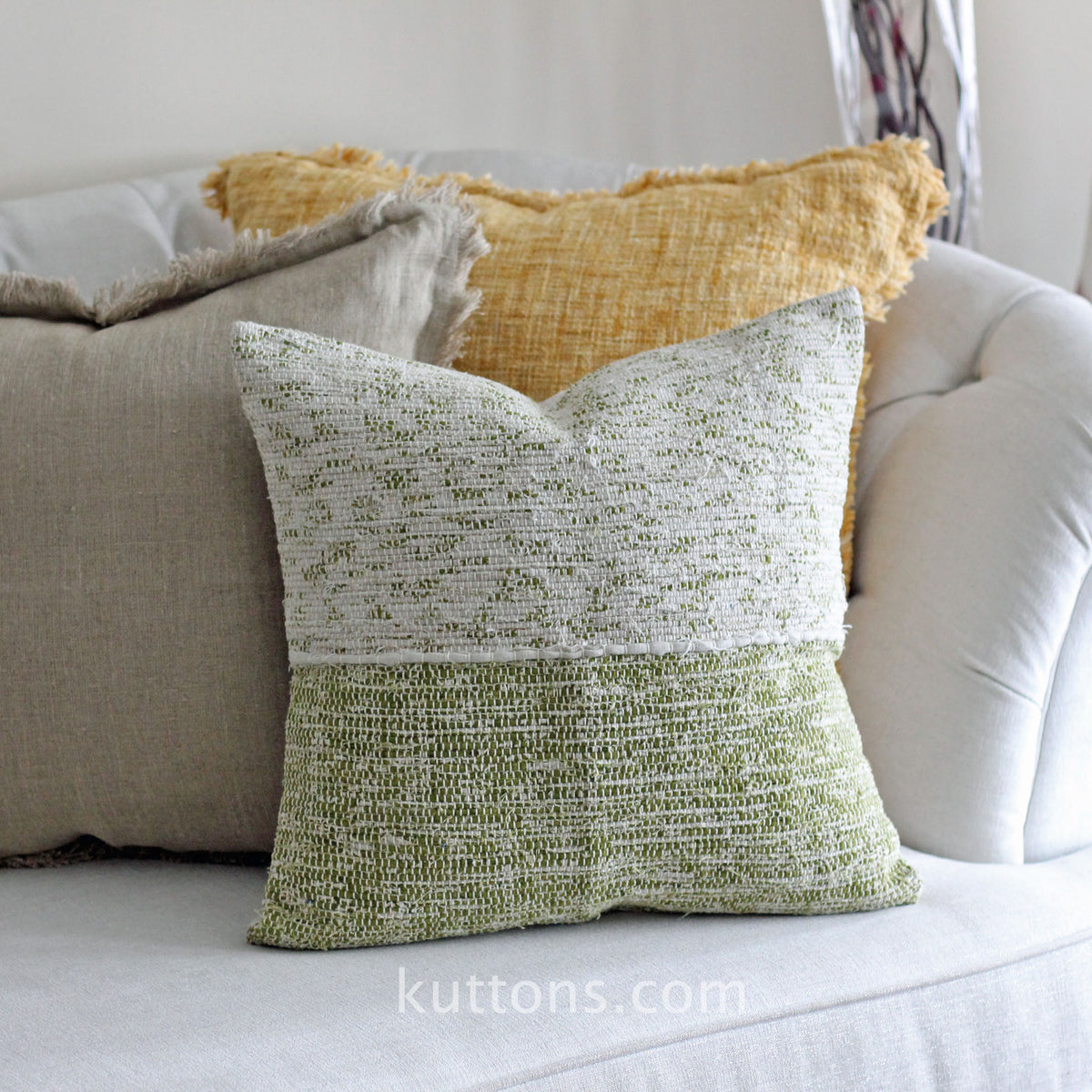
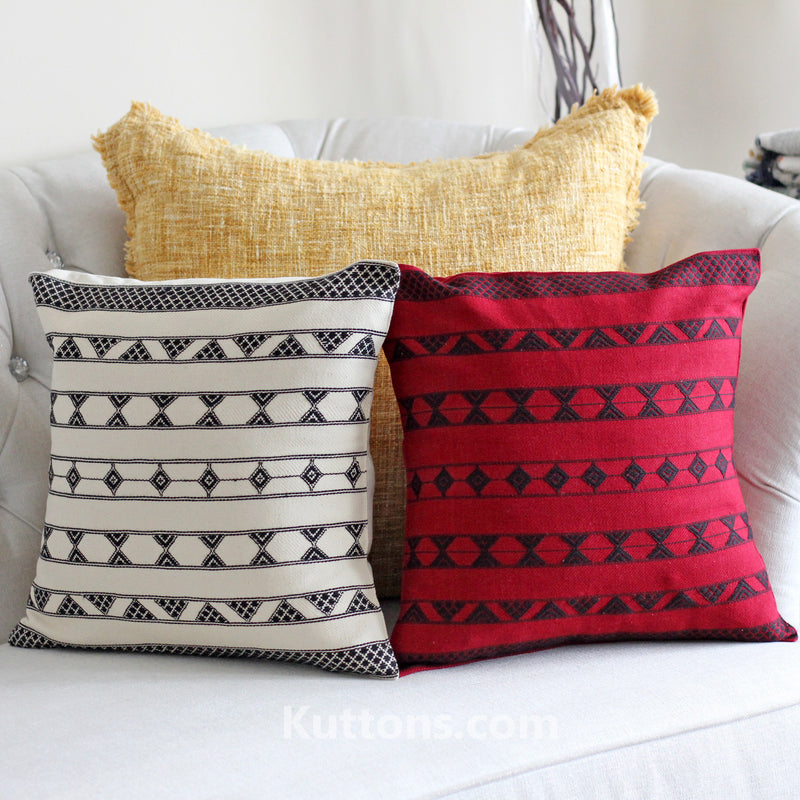
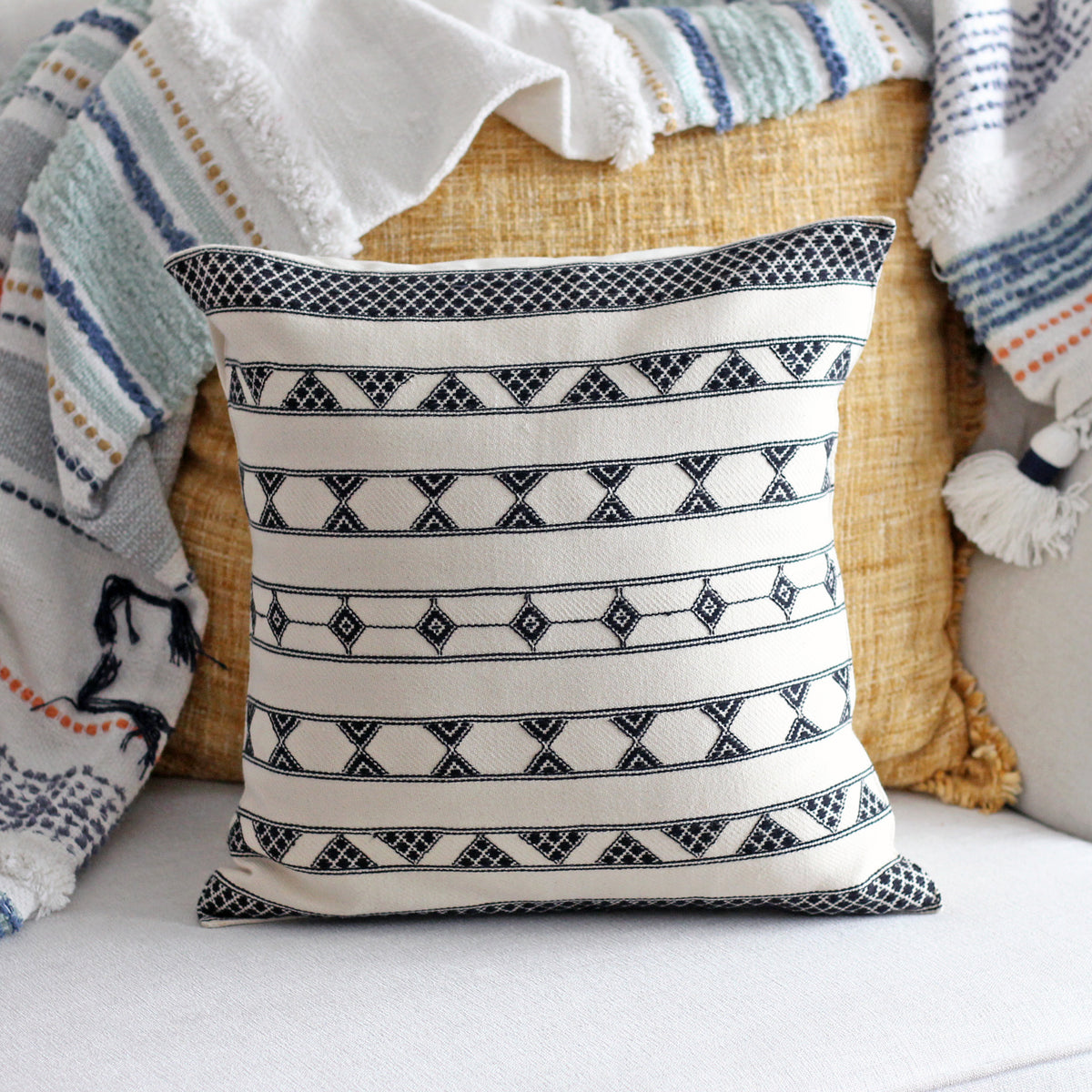
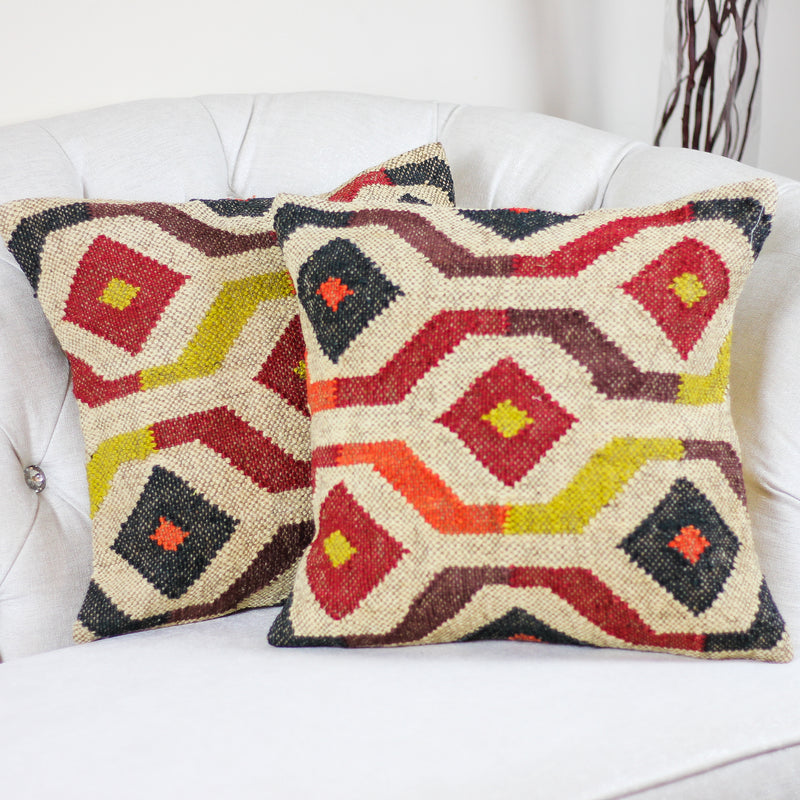
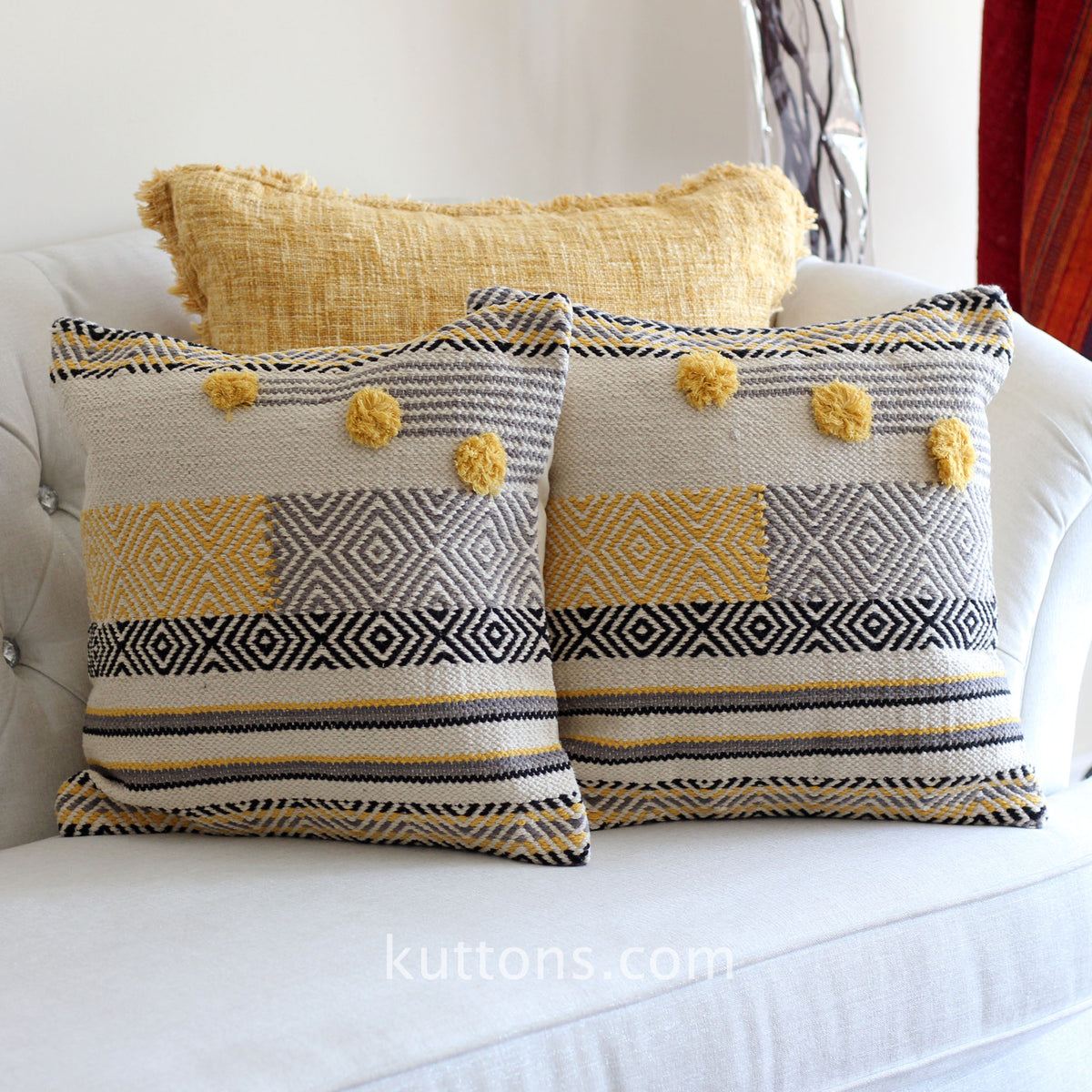
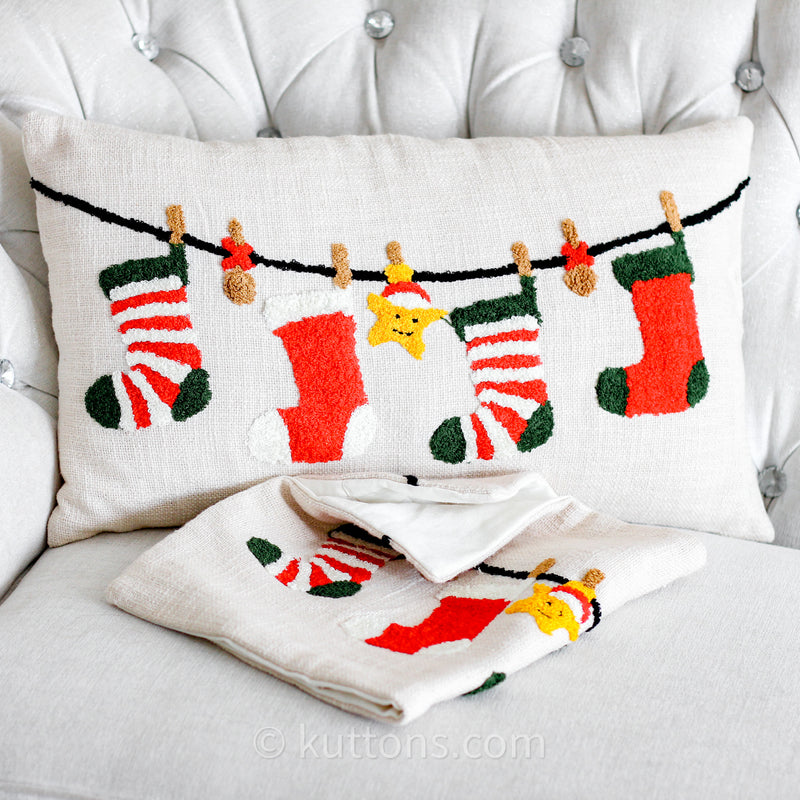
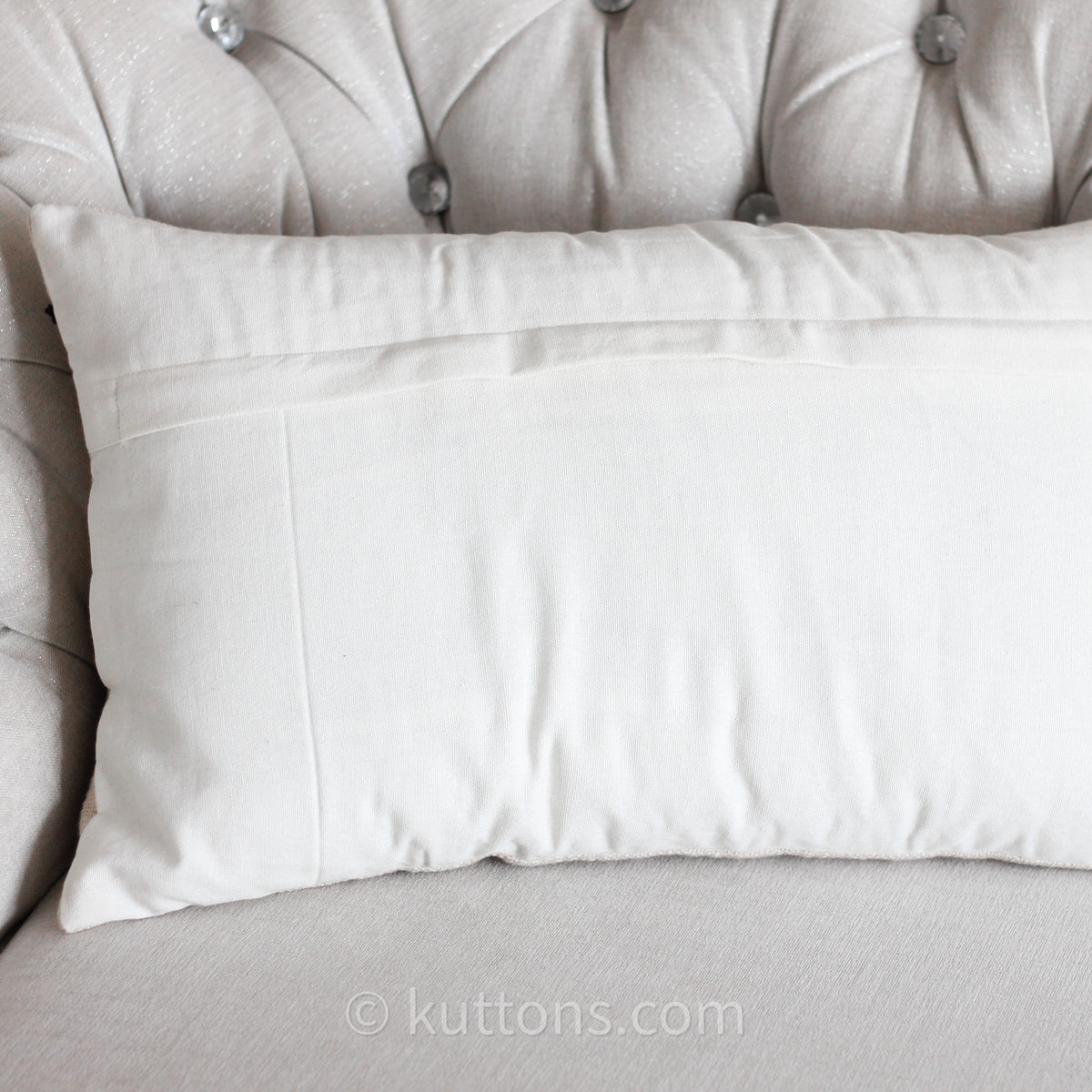
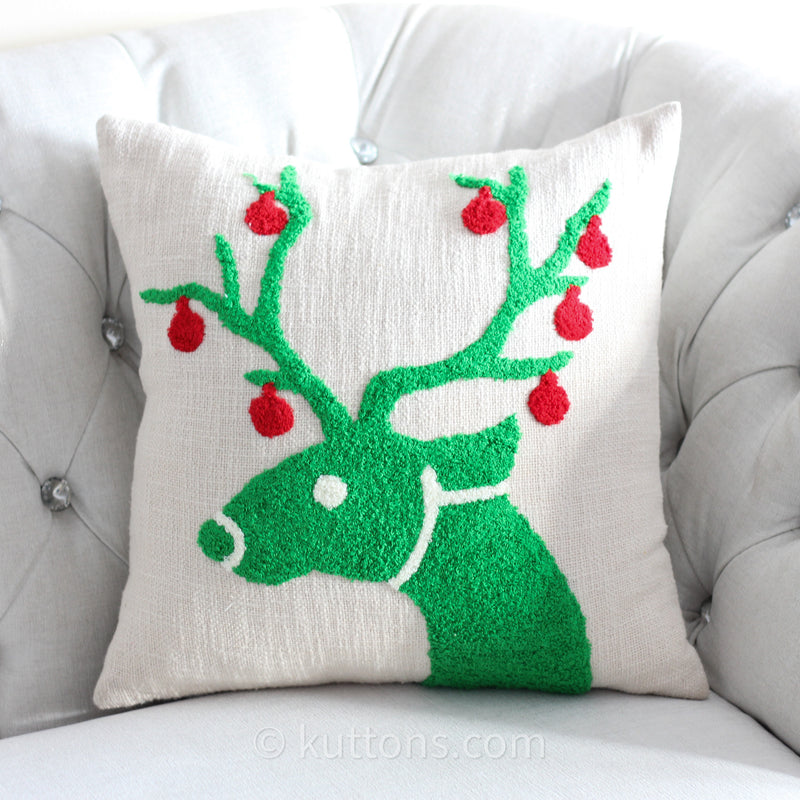
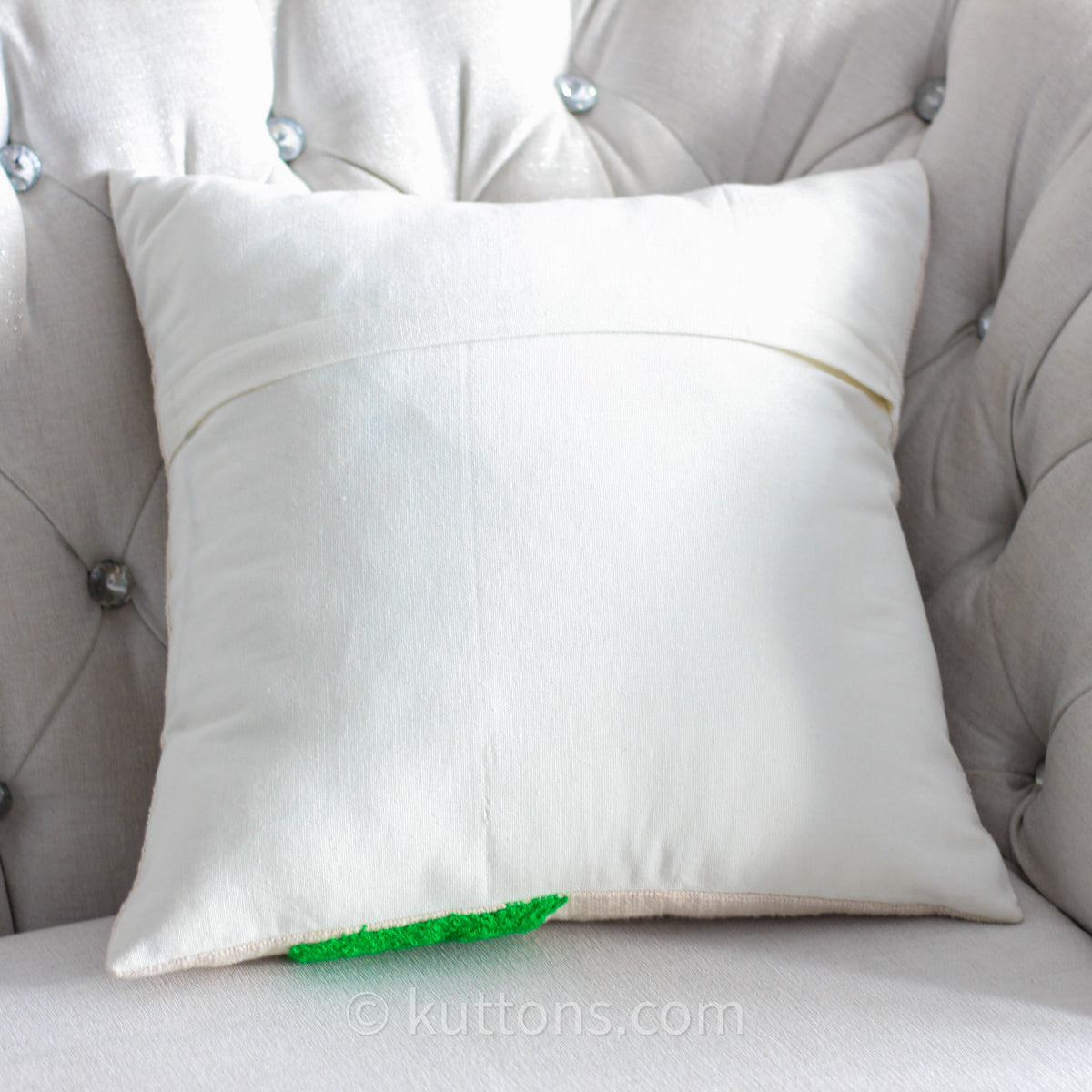
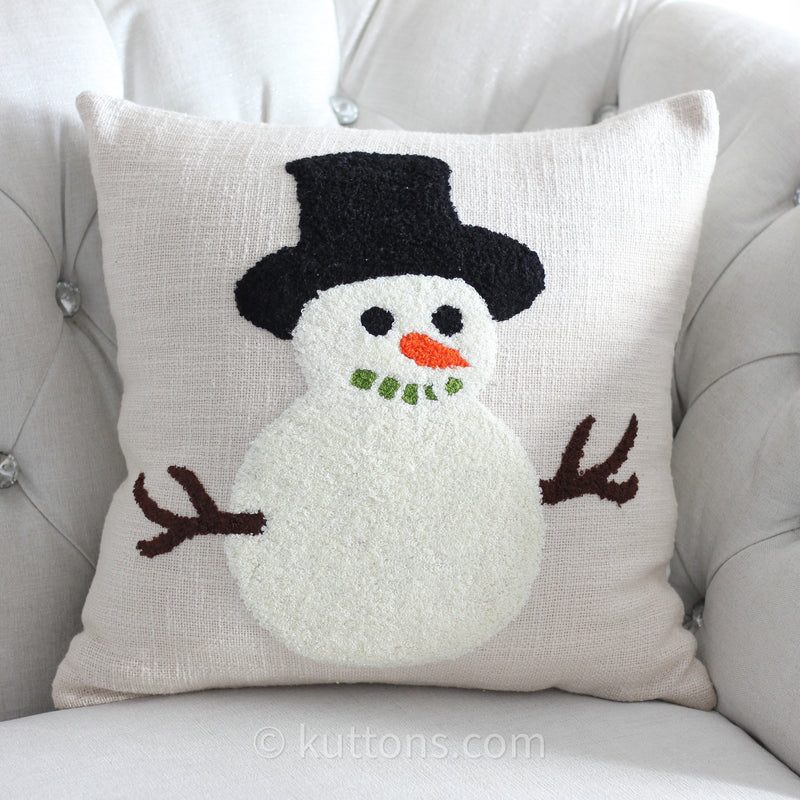
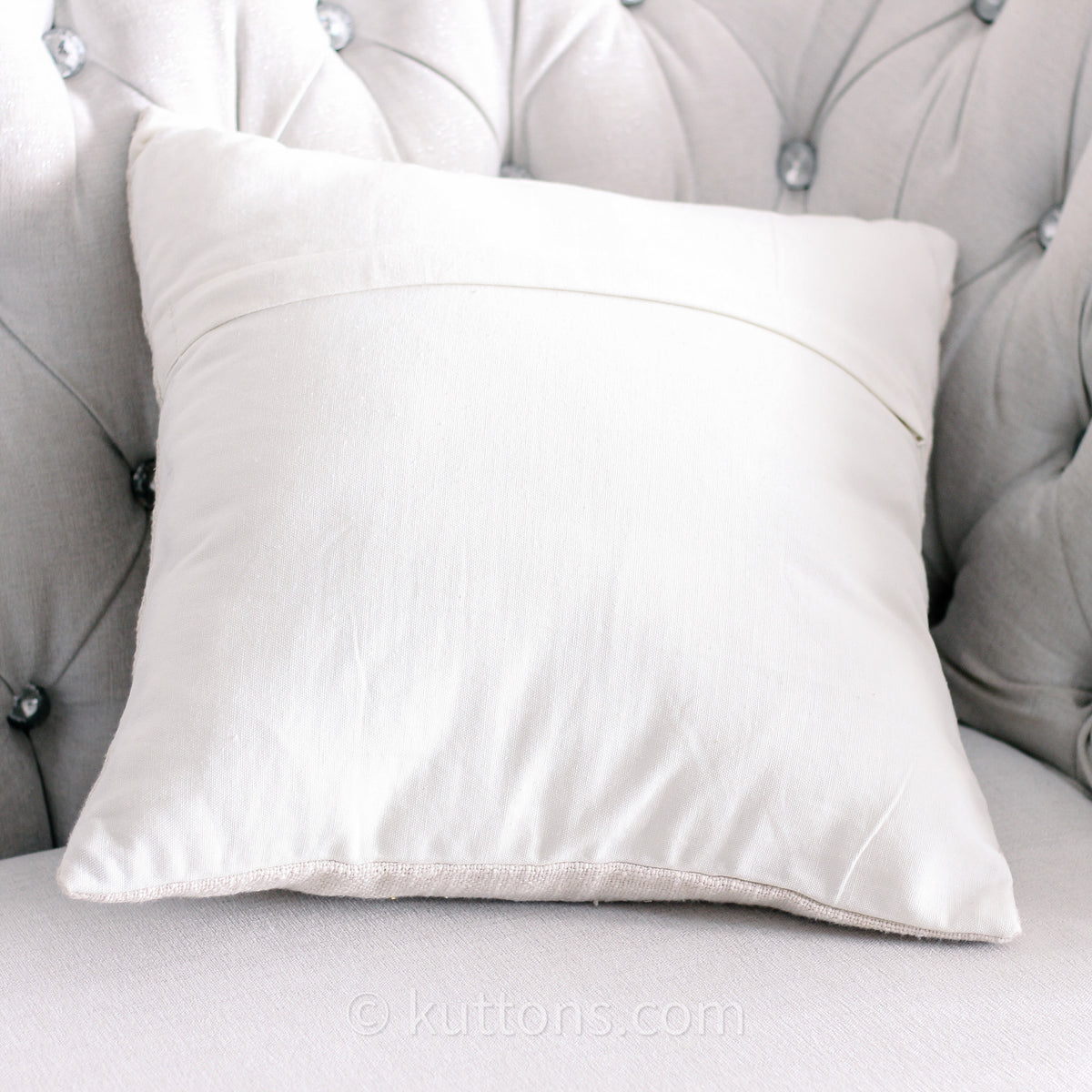
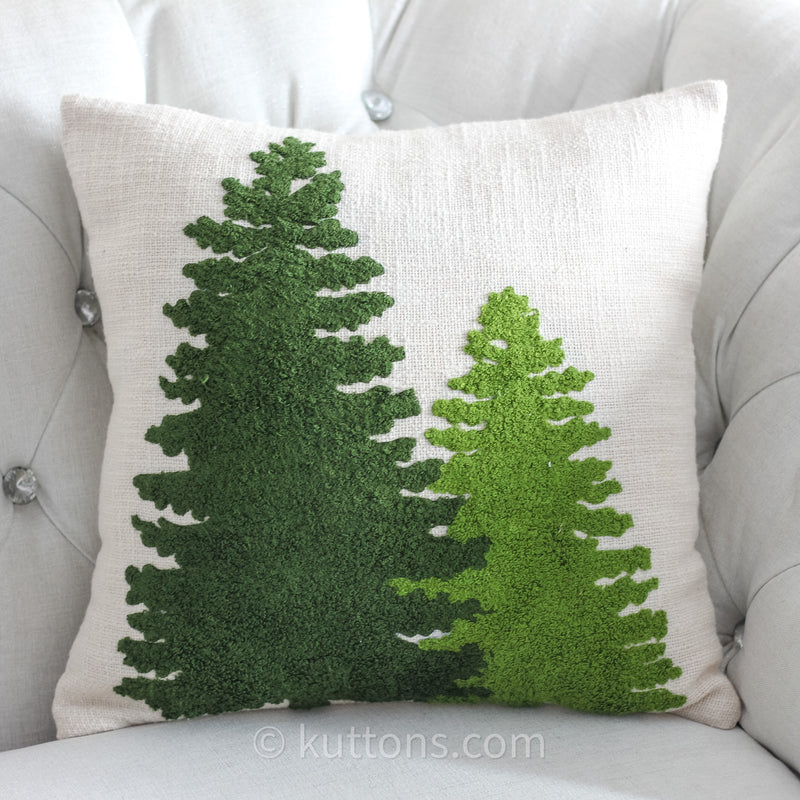
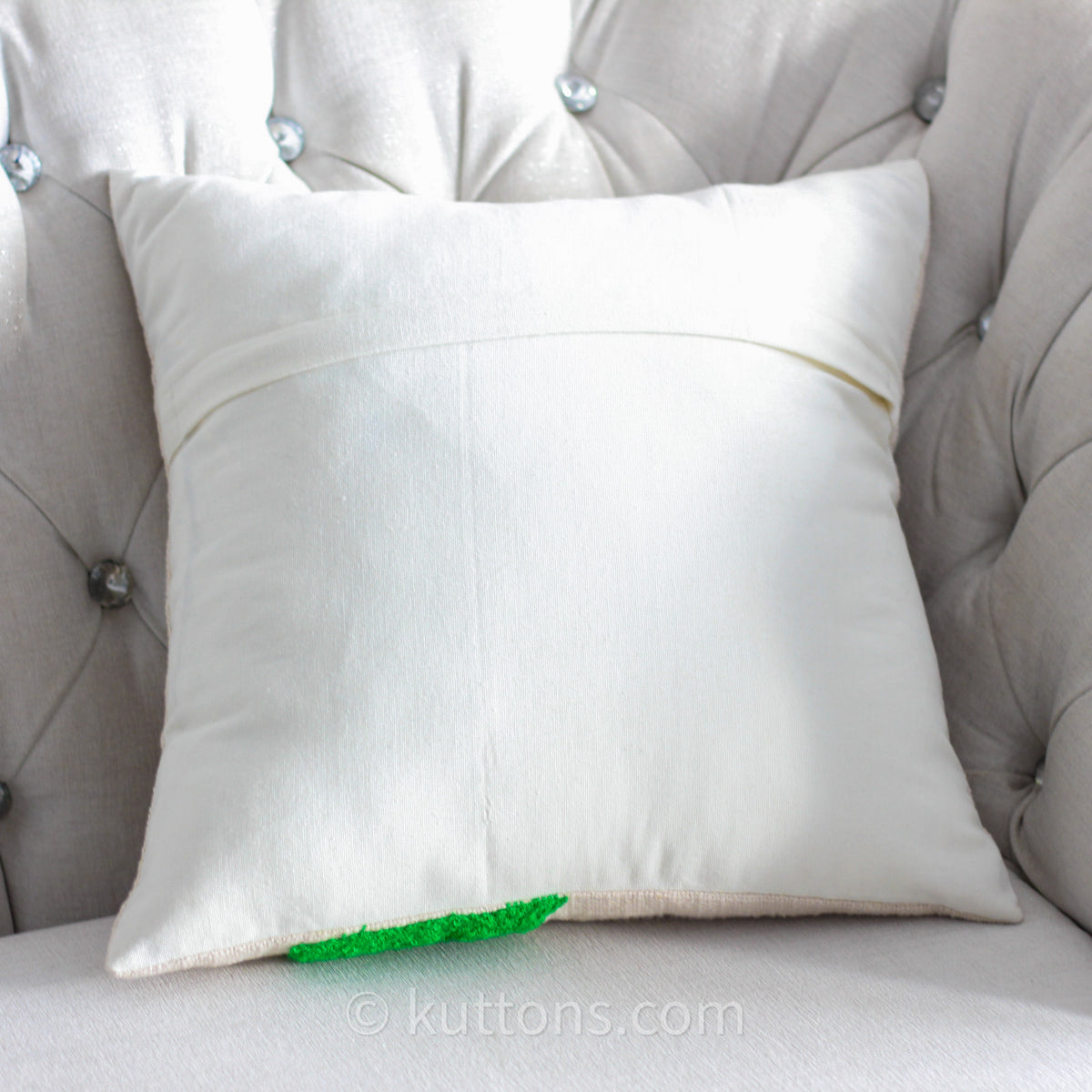
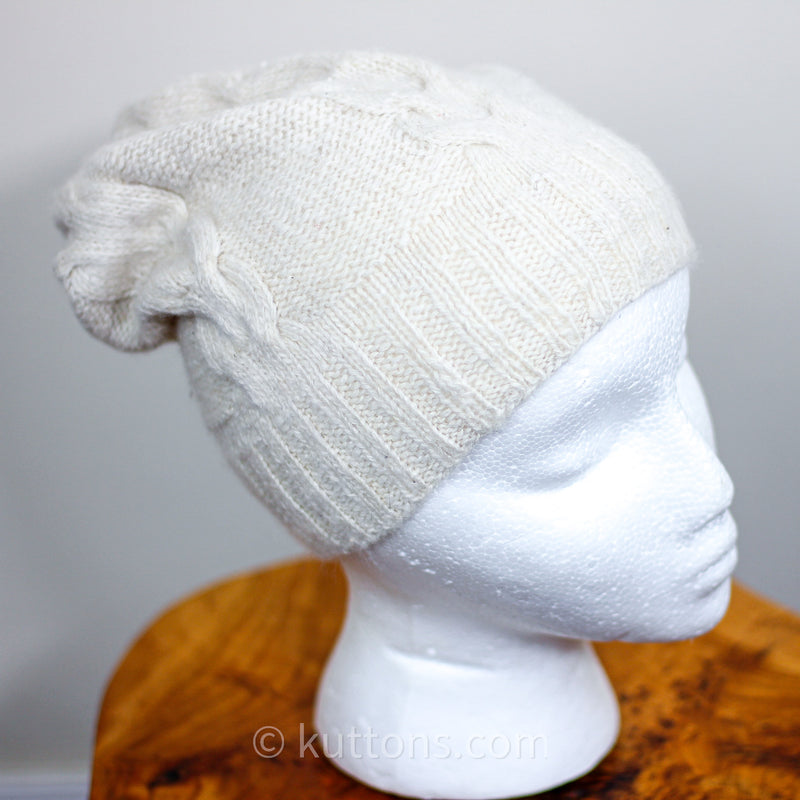
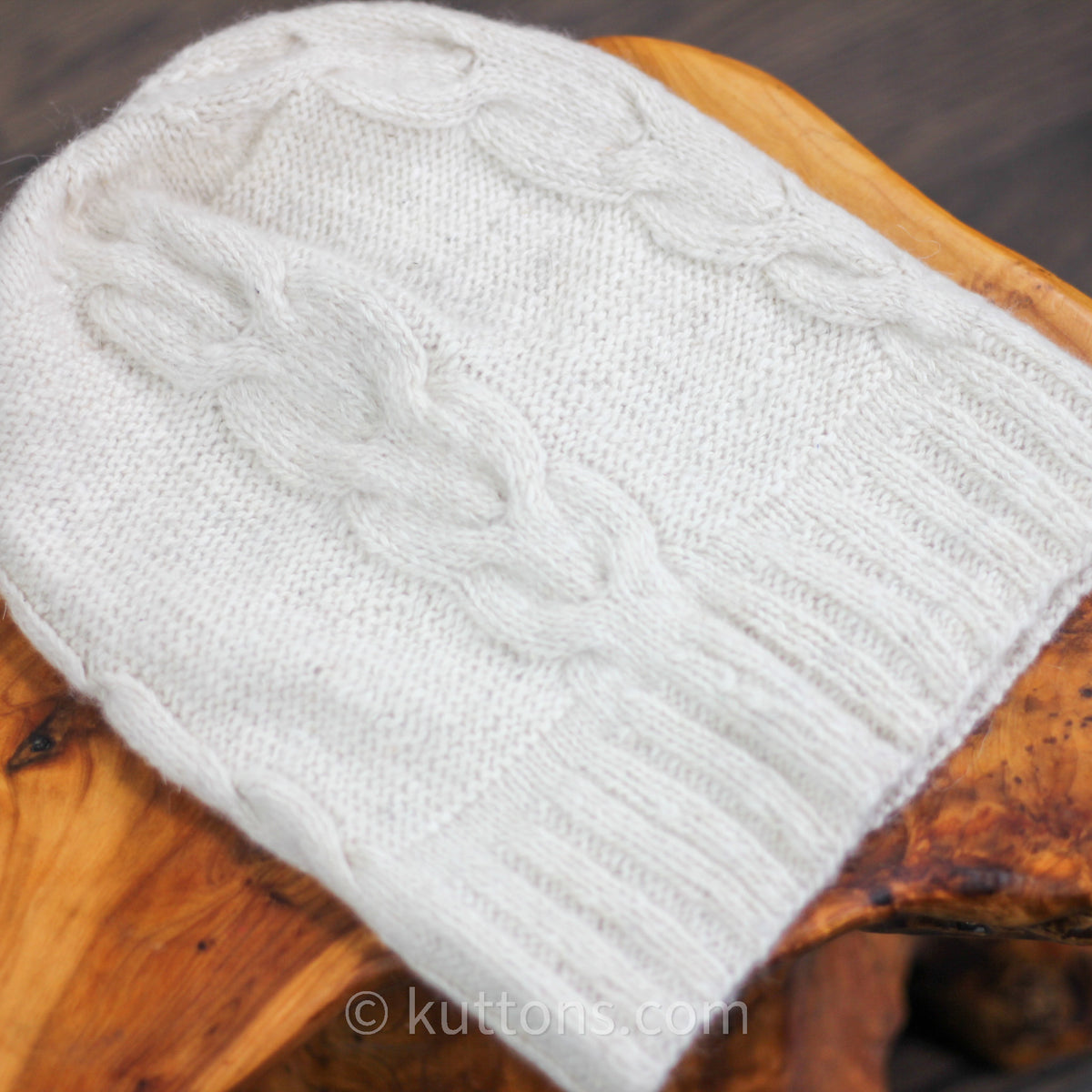
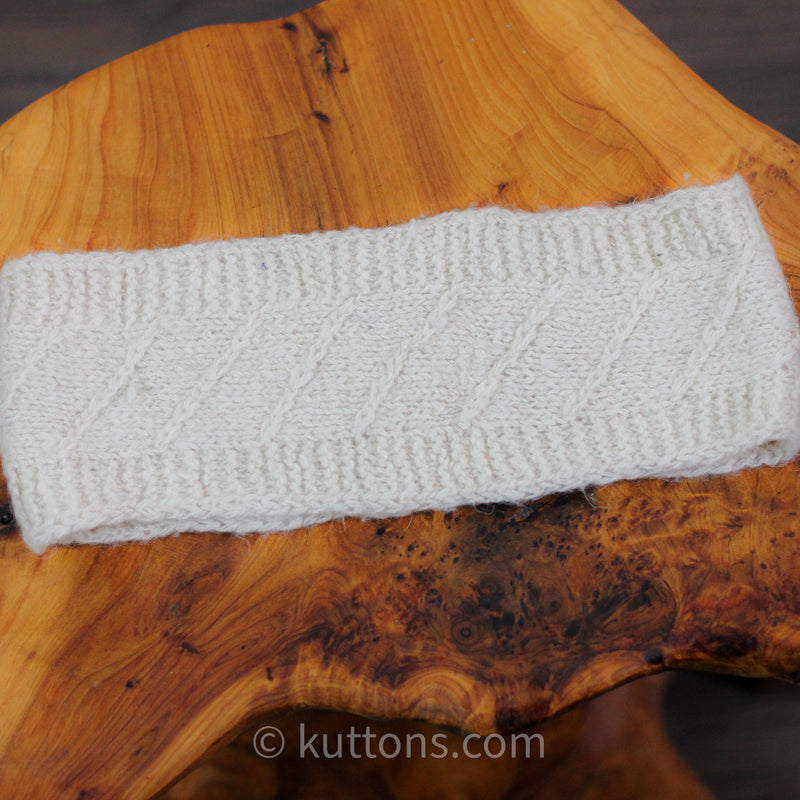
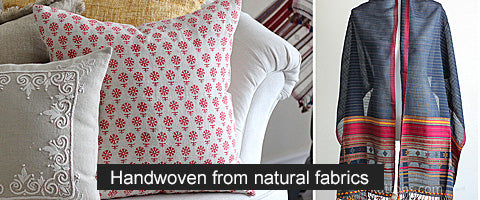
0 comments